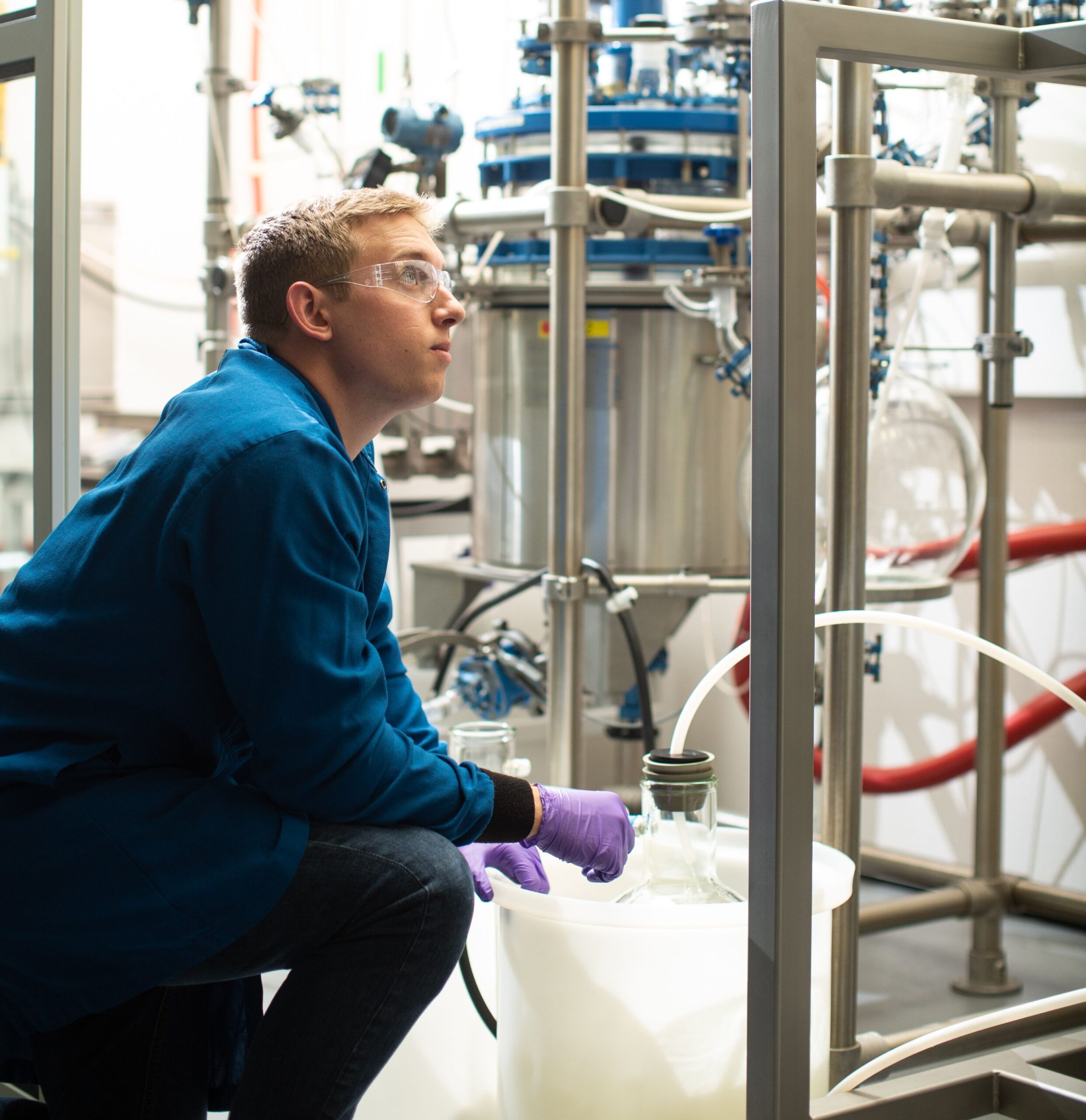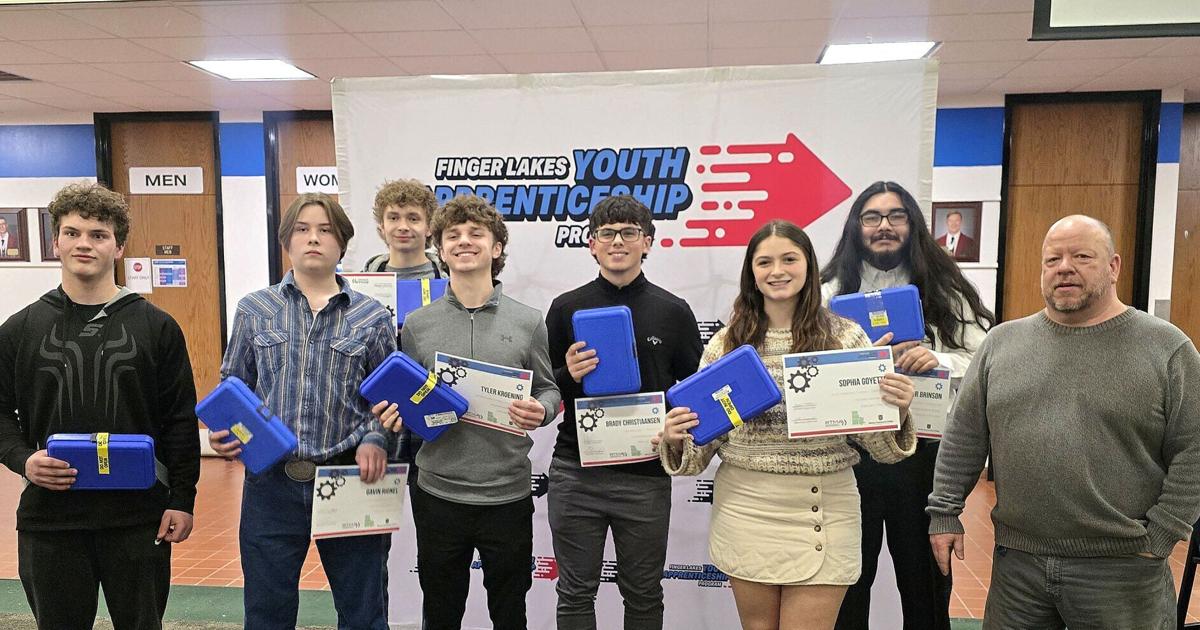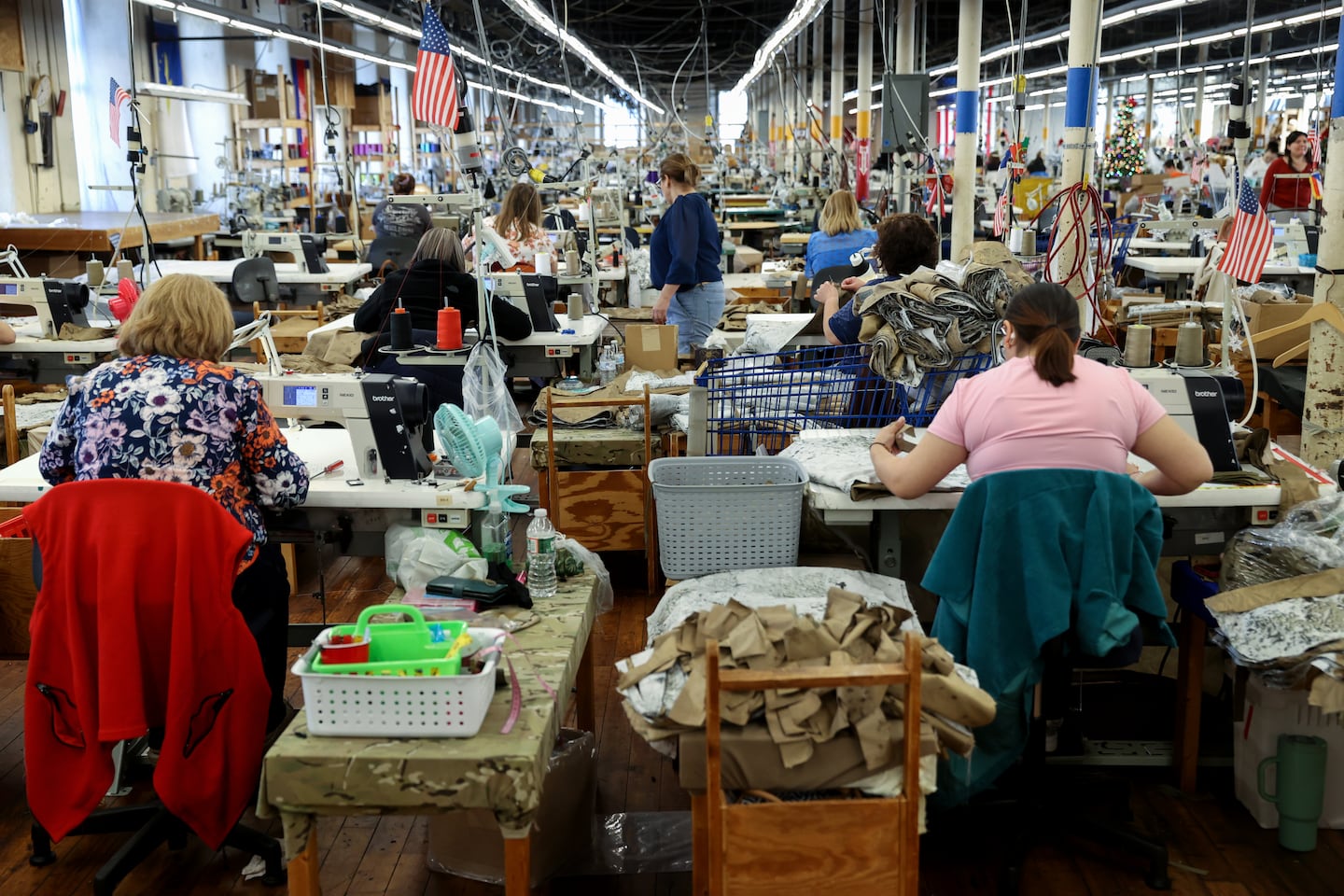Breaking: Manufacturing Workforce Unveils Groundbreaking National Economic Snapshot
Manufacturing
2025-03-27 14:58:00Content

The Manufacturing Imperative Workforce Pipeline Challenge (MI-WPC) is making significant strides in addressing the critical skills gap in manufacturing education. By strategically partnering with 25 community colleges across 17 states, the initiative is building a robust pathway to transform workforce development.
With an ambitious vision, MI-WPC aims to create a transformative learning ecosystem that will engage and inspire 1,000 learners at each participating college annually. Over the next three years, the program is targeting a remarkable milestone of reaching 75,000 potential manufacturing professionals, effectively bridging the talent pipeline between education and industry.
This collaborative approach demonstrates a powerful commitment to revitalizing the manufacturing sector by investing in comprehensive education and training programs that prepare the next generation of skilled workers for high-demand careers.
Revolutionizing Manufacturing Education: A Nationwide Talent Pipeline Transformation
In the rapidly evolving landscape of American manufacturing, a groundbreaking initiative is reshaping how educational institutions and industry collaborate to address critical workforce challenges. The manufacturing sector stands at a pivotal moment, requiring innovative approaches to talent development and skills training that can bridge the growing skills gap and prepare the next generation of industrial professionals.Bridging the Skills Gap: A Strategic Educational Revolution
The Manufacturing Workforce Ecosystem
The contemporary manufacturing landscape faces unprecedented challenges in talent acquisition and skill development. Traditional educational models have struggled to keep pace with technological advancements and industry requirements. The Society of Manufacturing Engineers (SME) has recognized this critical gap and launched a transformative initiative designed to fundamentally reimagine workforce preparation. By strategically engaging community colleges across multiple states, the program creates a comprehensive network of educational institutions committed to developing highly skilled manufacturing professionals. This approach goes beyond traditional training models, integrating cutting-edge curriculum design, industry partnerships, and experiential learning methodologies.Strategic Geographic Expansion and Institutional Collaboration
The initiative's remarkable scope encompasses 25 community colleges spread across 17 diverse states, representing a nuanced approach to nationwide talent development. This strategic geographic distribution ensures that the program can address regional manufacturing ecosystem variations while maintaining a cohesive national strategy. Each participating institution serves as a critical node in a broader educational network, designed to cultivate talent pipelines that are responsive to local and national manufacturing needs. By creating standardized yet adaptable training frameworks, the program ensures consistent quality while allowing for regional customization.Ambitious Enrollment and Impact Targets
The program's ambitious goals are nothing short of transformative. By targeting 1,000 learners per participating college annually, the initiative aims to generate a substantial talent pool of approximately 75,000 skilled professionals over three years. This represents a systematic approach to addressing manufacturing's chronic skills shortage. These enrollment targets are not merely numerical objectives but represent a comprehensive strategy to revitalize manufacturing workforce development. Each enrolled student represents a potential innovation catalyst, bringing fresh perspectives and advanced skills to an industry hungry for talent and technological expertise.Technological Integration and Future-Ready Skills
Beyond traditional training models, the initiative emphasizes technological integration and future-ready skill development. Participants are exposed to advanced manufacturing technologies, digital transformation strategies, and innovative problem-solving methodologies that extend far beyond conventional technical training. The program recognizes that modern manufacturing professionals require a holistic skill set combining technical expertise, digital literacy, adaptability, and strategic thinking. By creating immersive learning environments that mirror real-world industrial challenges, community colleges become dynamic incubators of manufacturing talent.Economic and Industrial Implications
The broader implications of this initiative extend well beyond individual career trajectories. By systematically addressing workforce development, the program contributes to national economic resilience, technological innovation, and industrial competitiveness. Each trained professional represents a potential economic multiplier, bringing enhanced productivity, innovation potential, and competitive advantage to their respective organizations and regional manufacturing ecosystems.RELATED NEWS
Manufacturing

Pharma's Comeback: Could Trump's Trade Tactics Spark a U.S. Manufacturing Renaissance?
2025-03-29 00:31:54







